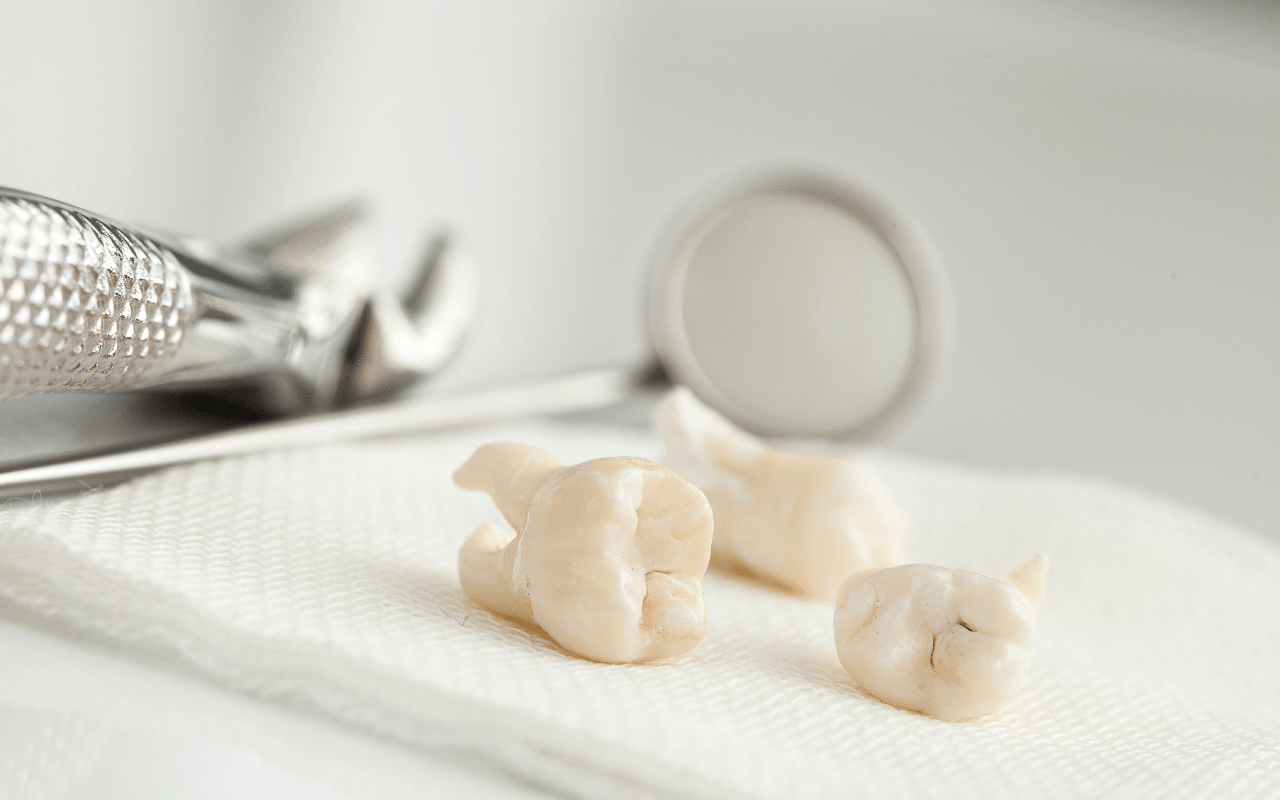How to Fix a Cracked Tooth
How to Fix a Cracked Tooth At the Dentist’s
Our teeth are extremely tough, but sometimes they do break. Teeth can crack for several reasons, but most of the time, it is related to oral health. In this article, Dr. Jinyoung Kim, your dentist in Lexington, KY, shares how to fix a cracked tooth at the dentist’s office.
Causes of a Cracked Tooth
Broken teeth do not always produce instant discomfort. If the break has reached the tooth’s nerve, you may have periodic discomfort when chewing, as well as sensitivity to hot and cold temperatures. Whether or whether you are in pain, all breaks should be evaluated by your Lexington dentist as soon as possible in order to check the health and stability of the tooth and give any necessary treatment to prevent further degeneration or issues.
The following are some of the most common causes of these breaks:
- Eating hard foods
- Facial trauma as a result of an accident
- Sport-related injury
- Weak tooth due to gum disease
- Old, massive amalgam fillings
Treatment for Damaged & Fractured Teeth
Minor chips on the margins of teeth rarely cause discomfort or issues, but your dentist may recommend a repair that involves smoothing the edge and putting a tooth-colored filling. This will protect your lips and tongue from being cut by the rough edge.
Since these difficulties are likely caused by a cavity, heavily fractured and severely shattered teeth may necessitate a professional solution. A big hollow can cause fractures and breaks and, if left untreated, can become excruciatingly painful. Cavities in the teeth can also develop infections along the exposed gum line and pulp. In such circumstances, root canal therapy may be required. Cracks and breaks can also expose nerve endings, causing your teeth to be sensitive to hot and cold air and meals.
Root Canal Therapy
Root canal therapy is not usually required for broken or chipped teeth. Cracks can be repaired and held together with a specialized tooth cement when there is no discomfort or infection. However, a damaged tooth will likely be treated with a dental crown. Crowns are also used to treat other forms of splits and fractures, such as fractured cusps, split roots or vertical breaks, split molars, and as a preventative measure against subsequent cracks. If your tooth has deteriorated from the inside out and is irreversibly fractured, your Lexington dentist may recommend a tooth extraction.
Prevent Tooth Fractures
A cracked or fractured tooth may not be visible or painful, but just because it isn’t giving you any problems doesn’t mean you should ignore it. Our friend Dr. Ryan Helgerson, an emergency dentist in Grand Junction, recommends visiting your dentist regularly. Infections can develop quickly, so it’s critical to get the right treatment as soon as possible. Regular check-ups and consultations with Dr. Kim can help prevent fractures and cracks from becoming problems. If it’s been a while since you last visit the dentist, contact Park Hills Family Dentistry in Lexington, KY.
What To Do If You Fracture or Crack Your Teeth
If you’ve fractured or broken a tooth, take the following steps right away before making an appointment with your emergency dentist in Lexington, KY.
- Rinse with warm water
- Apply gauze to the wound
- Use an icepack for swelling
- Take over the counter medication if necessary
- Search for an emergency dentist near me
If your tooth is shattered, avoid brushing it and schedule an appointment with Dr. Kim as soon as possible. Our Park Hills Family Dentistry team will advise you on the best way to repair the break, which may include one or a combination of fillings, crowns, and root canal treatments. Contact Park Hills Family Dentistry today!



